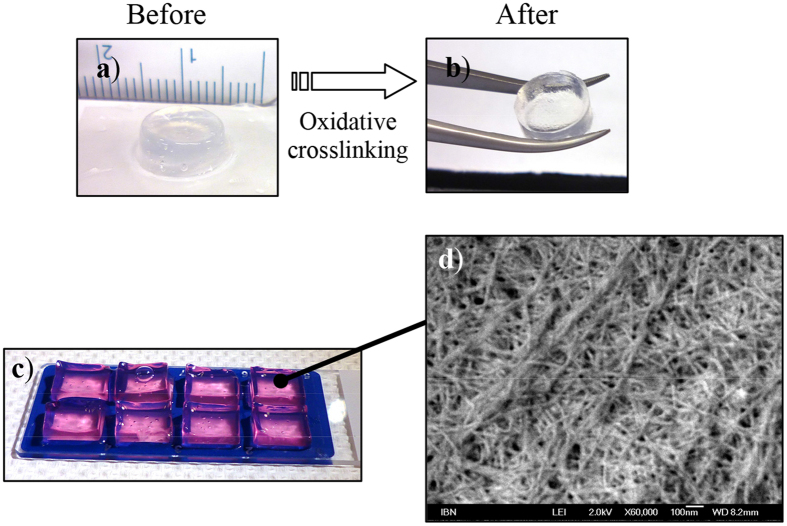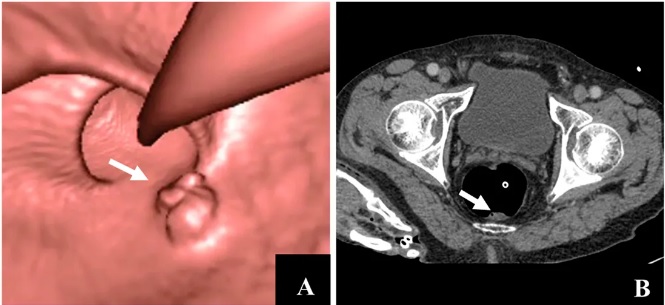India Advances Towards First Dengue Vaccine as Phase 3 Trials Near Completion

The development of India's first dengue vaccine, known as TetraVax-DV, is entering a pivotal phase as the enrollment for its Phase 3 clinical trials approaches completion. This milestone is significant in the battle against dengue fever, a mosquito-borne viral infection that poses a serious public health threat in India, where annual infections range between 100 to 400 million, according to the World Health Organization (WHO, 2023).
Dengue fever, primarily transmitted by the Aedes aegypti mosquito, manifests through symptoms such as high fever, severe headaches, and joint pain. In severe cases, it can lead to hemorrhagic fever, organ failure, and even death, particularly among vulnerable populations including children and the elderly. The urgency for an effective vaccine has been underscored by the disease's cyclical outbreaks during the monsoon season, which strain healthcare resources and pose economic burdens on families and the healthcare system.
India's TetraVax-DV vaccine, developed by the Serum Institute of India (SII), aims to provide immunity against all four serotypes of the dengue virus. The vaccine utilizes a weakened form of the virus to stimulate the immune system without causing the disease itself. According to Dr. Priya Sharma, Chief Medical Officer at SII, “Our vaccine is designed with cutting-edge technology to ensure safety and efficacy across diverse populations.”
Phase 3 trials are crucial, involving thousands of participants across more than 20 sites in urban and rural India. They are intended to assess the vaccine's effectiveness in a real-world setting. Current enrollment figures exceed 10,000 volunteers, with early results indicating promising immune responses, as noted in a preliminary report published by the Indian Council of Medical Research (ICMR, 2023).
The trial follows a rigorous three-phase testing protocol mandated by regulatory authorities. Phase 1 involved small groups to evaluate safety, while Phase 2 tested the immune response in larger cohorts. Phase 3 is the final step before seeking approval from the Drugs Controller General of India (DCGI).
The significance of this vaccine extends beyond health implications. According to Dr. Sanjay Gupta, an epidemiologist and professor at the All India Institute of Medical Sciences, “A successful dengue vaccine could drastically reduce hospitalizations and mortality rates, freeing up healthcare resources and enhancing community resilience against future outbreaks.”
In addition to vaccine development, public health officials stress the importance of preventive measures against mosquito breeding and transmission. The Ministry of Health and Family Welfare emphasizes community engagement in vector control as critical during the monsoon season.
Looking ahead, should the vaccine receive regulatory approval in the coming year, it could revolutionize dengue management in India and potentially set a precedent for vaccine development against other vector-borne diseases. However, experts caution that vaccination alone will not suffice; continued efforts in public health education and mosquito control are essential to mitigate dengue risk.
In summary, as India prepares for the potential launch of its first dengue vaccine, the collaborative efforts of government agencies, research institutions, and healthcare professionals highlight the multifaceted approach needed to combat this pervasive public health challenge.
Advertisement
Tags
Advertisement





